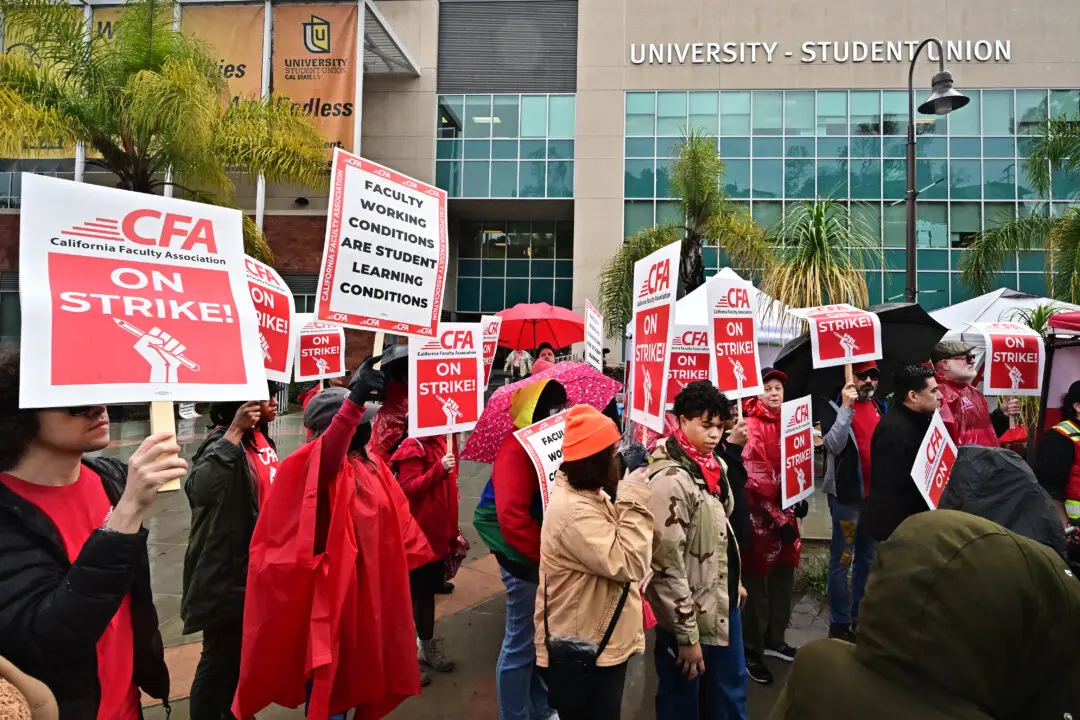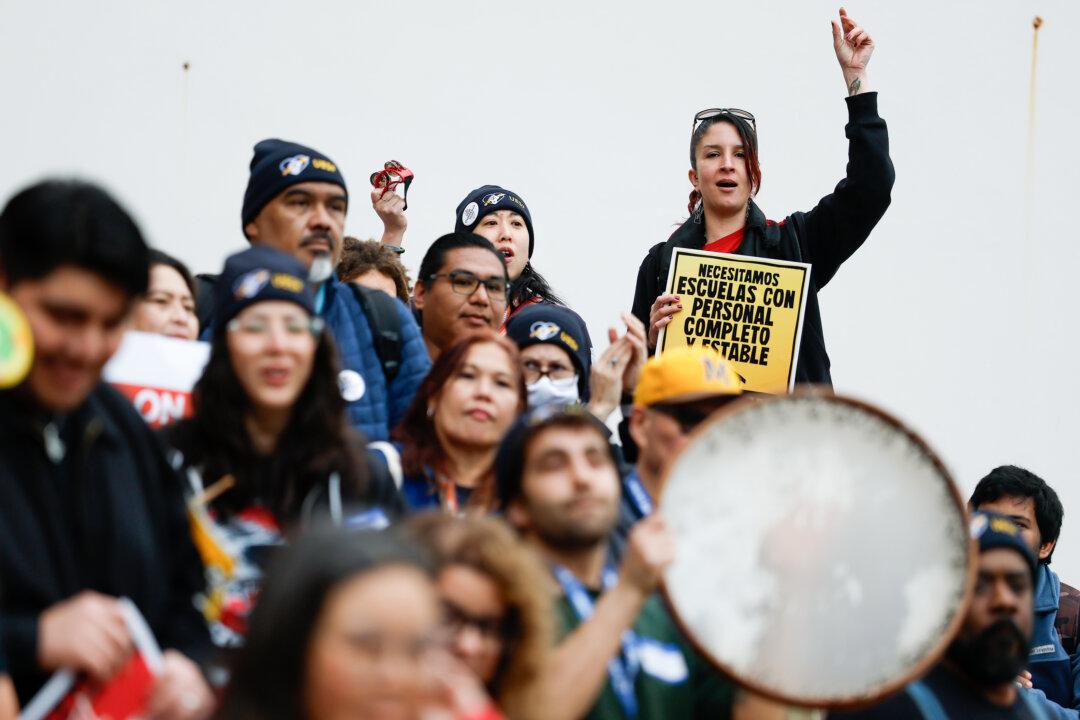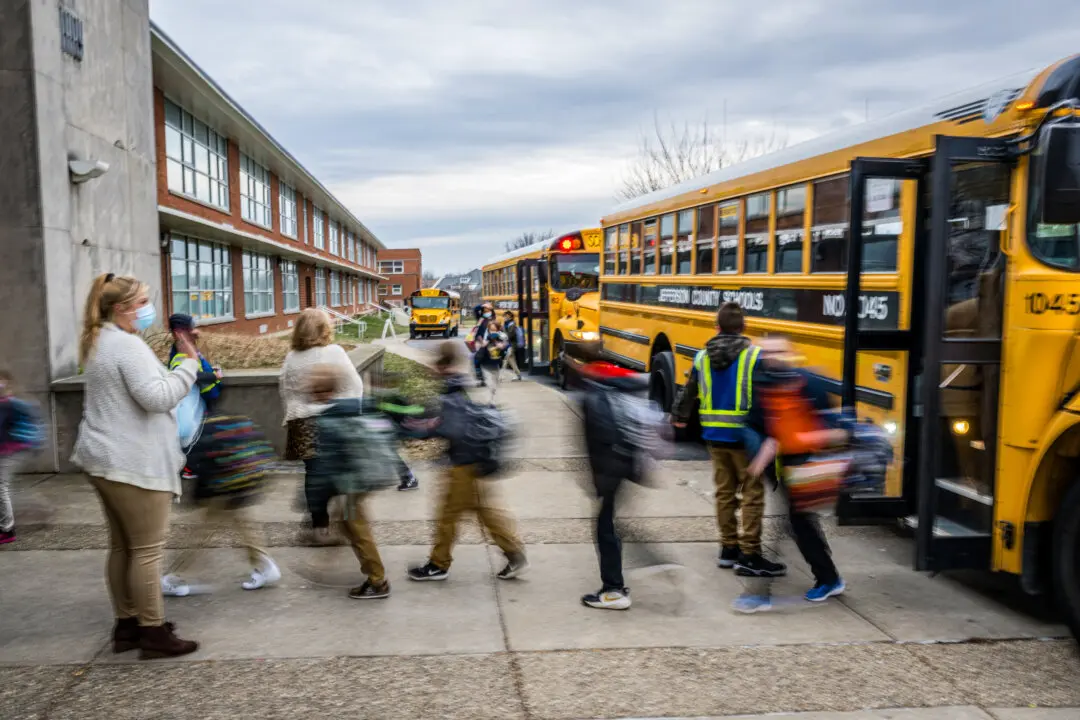President Donald Trump on April 23 announced additional education reform measures that he said will promote transparency and meritocracy over diversity, equity, and inclusion (DEI) initiatives; boost technology and innovation; and improve learning environments.
During the signing ceremony and news conference in his office, he was flanked by Education Secretary Linda McMahon, Commerce Secretary Howard Lutnick, and several disabled military veterans.





